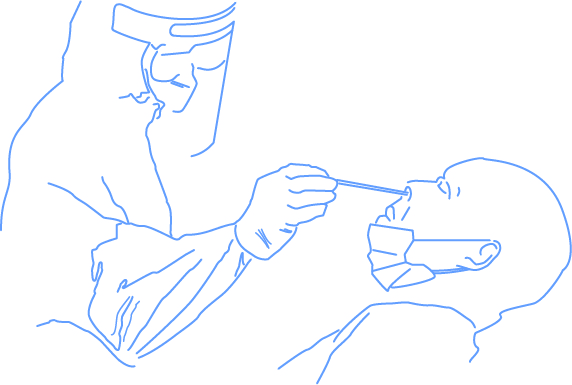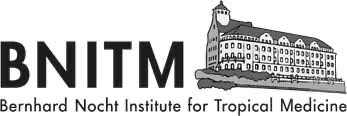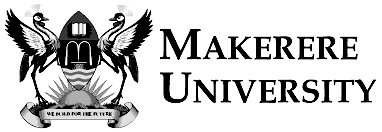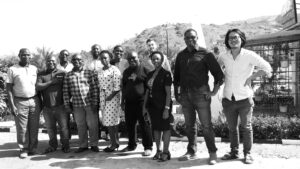Covid-19 Testing in Uganda and the DRC
Situating the knowns and unknowns in the Covid-19 pandemic

Our research project aims to provide a comparative study of diagnostic testing in the Covid-19 response in Uganda and the Democratic Republic of the Congo (DRC). We will share our stories from the field on this site.
Our project explores Covid-19 testing as a technology of knowing. We employ a grounded theory approach. Following this approach, we assume that what people know about the pandemic cannot be separated from a consideration of how they know. This essentially means what we researchers know, very much like in the case of our informants, cannot be separated from how we know or unknow.
The aim of the field stories and our website is to reflect on the ways our knowledge practices are entangled. These reflections are also a conversation betweem the teams in DRC and in Uganda in times of digitization.
We are two teams in Uganda and the DRC, speaking English and French, next to various other languages. We do many things to speak to each other like zooming, chatting in WhatsApp groups, and writing lots of emails. We want to use these technologies of communication not only for the coordination of our work. The field stories and the website will help us to share and shape the ideas formed during field work at four different sites and in two countries.
Let us stress, how we come to know cannot be separated from who we are. Hence we provide detailed portrays of all members of the research team on this website.
This project is a collaboration of the Bernhard-Nocht-Institute for Tropical Medicine in Hamburg (Germany), the Child Health and Development Center of the Makerere University in Kampala (Uganda), and the Pole Institute in Goma (DRC).
The principal investigators are Sung-Joon Park (BNITM/Germany), Herbert Muyinda (CHDC, Uganda), and Nene Morisho (Pole Institute, DRC).
The project is funded by the German Research Foundation.




